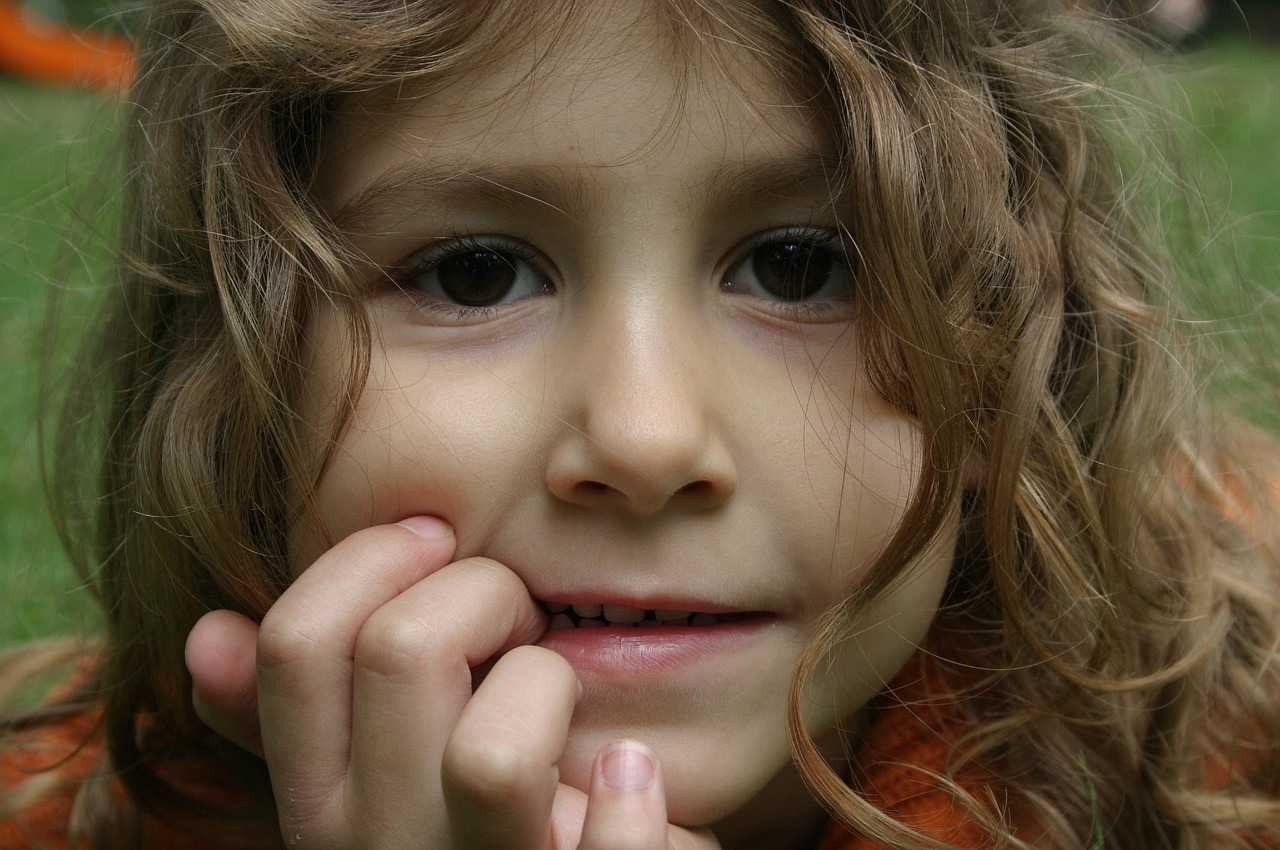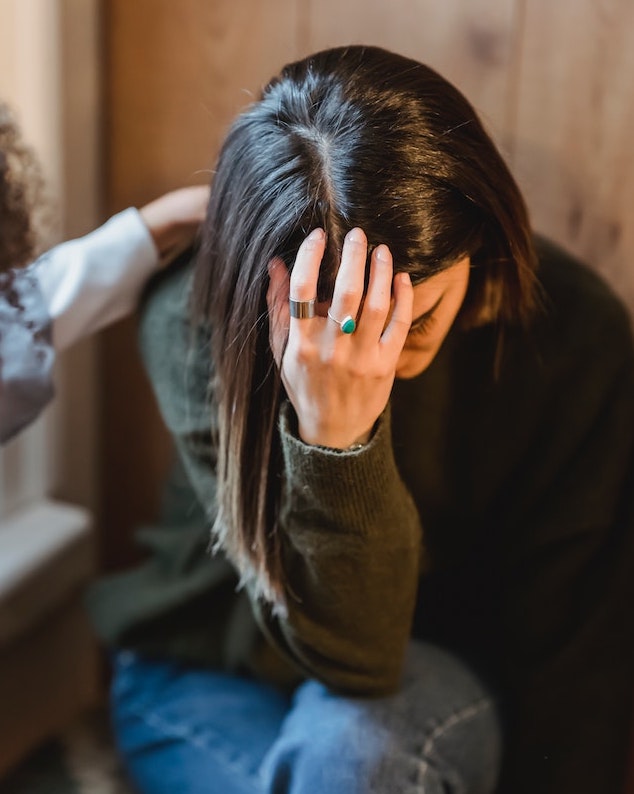How Can Schools Help Kids with Anxiety?
 Teachers and parents all over the country are noticing an increase in mental health issues, including anxiety, among students. Parents and educators are scrambling to understand why kids seem to be more anxious and how to help them.
Teachers and parents all over the country are noticing an increase in mental health issues, including anxiety, among students. Parents and educators are scrambling to understand why kids seem to be more anxious and how to help them.
Counselors at the James Morehouse Project, El Cerrito High School’s wellness center, began noticing a few years ago that more and more students named anxiety as a chief concern. Most felt completely alone.
People don’t know what it’s like,’” said Rachel Krow-Boniske, a social work intern at the James Morehouse Project. “And seeing that from so many different students made me want to be like, ‘Actually, this is really common! And if you all got to talk with each other and connect with each other over the experience, it might feel less alienating.’”
So Krow-Boniske and another intern, Forest Novak, started an anxiety group in the 2018-19 school year. They recommended some students they were seeing individually, and spread the word among teachers, who also recommended students who might benefit from participating.
The group includes students from all grades and fluctuates in size from eight to ten. It meets once a week so students can discuss their anxiety, gain confidence that they aren’t the only ones struggling, and learn coping strategies. Krow-Boniske and Novak want students to become more aware of the signs of their anxiety, what triggers it, and how they can tell themselves a different story about what’s happening.
The course is broken down into sections. The first several weeks the two counselors facilitate a process of self-discovery for students. They do writing exercises with students to help them think carefully about how their bodies feel when they’re getting anxious, what’s happening around them, and what messages their anxiety tells them about themselves. After they validate that a lot of people are having similar feelings, the curriculum moves on to dig into seven types of coping strategies: grounding, distraction, emotional release, thought challenging, self-love, and accessing the truest parts of oneself to help hold all the other coping mechanisms.
“I’ve been amazed by how much they know about their own anxiety,” Krow-Boniske said. “They seem so aware of what’s happening for them and just haven’t quite had the words or the space to talk about it.”
When it opened more than 20 years ago, the James Morehouse Project focused on providing health services and a little bit of counseling to students. Now, it offers an impressive array of services. It has a free, full-service medical clinic where students can get physical exams and an array of reproductive health services. It also has a dental clinic for students with MediCal, California’s Medicaid program.
It offers a youth development program aimed at cultivating students’ leadership and activism. Its staff provide one-on-one counseling services, as well as groups dedicated to almost everything a struggling student would need: support for queer-identified young people of color, an Arabic-speaking girls group, a support group for Muslim students, another support group for students who’ve suffered a catastrophic loss, and social skills groups for students who have a difficult time connecting with other young people.
“I think there’s been kind of a culture shift, a growing awareness and a growing commitment to ensure that children and young people arrive in a building with what they need in order to enter a classroom ready to learn,” Rader said.
Excerpted from “How Can Schools Help Kids With Anxiety?” in KQED’s MindShift. Read the full story to learn more about how parents can help their kids with anxiety. You can also listen to a MindShift podcast on this topic.
Source: MindShift |How Can Schools Help Kids With Anxiety?, https://www.kqed.org/mindshift/54144/how-can-schools-help-kids-with-anxiety | © 2019 KQED INC
A screening can help you determine if you or someone you care about should contact a mental health professional. Care Coordinators can arrange a free 30 minute Care Consultation so you can explore options with an expert. Call or email our Care Coordinators at 650.688.3625 or careteam@chconline.org to set up an initial Consultation appointment.





